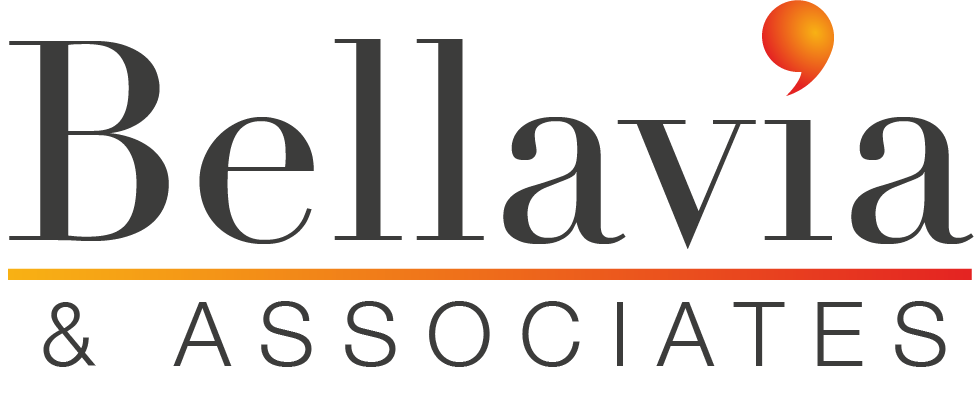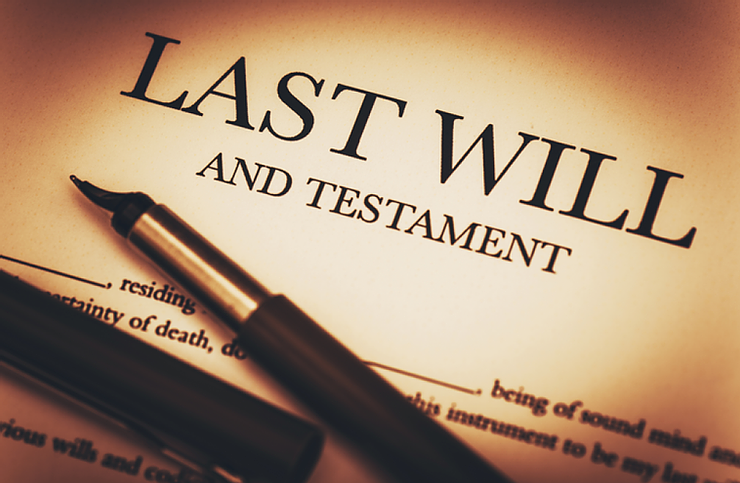Wills in the time of pandemic
The Covid-19 crisis has, unsurprisingly, focussed minds on making or revising Wills. It has also thrown up problems in making and executing a legally valid document in unprecedented times, as our associate Iain Cameron explains.
The Wills Act of 1837 still governs the validity of Wills and is strictly interpreted by the courts, although the Law Commission has suggested updates and both the Law Society and the Society of Trust and Estate Practitioners (STEP) are currently pressuring the government to relax the rules, at least temporarily.
While practitioners are being encouraged to take instructions remotely, by telephone or preferably a video or Skype link, there is always the possibility of impersonation, or undue influence by whoever happens to have access to the person making the Will.
If it is a new client giving telephone instructions how do I know I am speaking to the testator, even if I have a copy of a passport or driving licence, if I cannot see their face?
The real problem is validly executing the Will if someone is in isolation during this pandemic. A Will is only valid if it is signed by the testator in the presence of two or more witnesses present at the same time.
There is case law from 1781 that says “in the presence of” can be stretched to mean “within sight of”, which could involve two witnesses standing outside a window watching the testator sign, then being passed the Will through a letterbox for them to sign while the testator watches.
There is much debate within the profession, especially on the STEP online Trusts Discussion Forum, as to whether within sight of includes electronic means, but there is currently no consensus on this, which means it would have to be tested in court after the death of a testator, unless the law is changed.
The other problem with witnessing the Will of someone in isolation is that if it is witnessed by someone who is a beneficiary of the Will, or whose wife or husband is a beneficiary, the Will is valid but any gift or legacy to them is “utterly null and void”.
What the government could do is temporarily extend the scope of “privileged” Wills. Under section 11 of the Act “any soldier being in actual military service, or any mariner or seaman being at sea” can make a valid Will in any form, including an oral statement, and witnesses do not have to sign.
A four-line Act of Parliament could temporarily expand section 11 to any person who is isolated or in quarantine for medical reasons, and possibly to include a video Will recorded on a mobile phone
I would suggest any Will made in this way should be replaced with a properly executed one as soon as the testator comes out of isolation.
While the law around Wills seems antiquated and is 250 years old, it remains good law for a reason, because otherwise it would be too easy to make a fraudulent Will.
Iain Cameron is a member of the Society of Trust and Estate Practitioners (STEP) and provides specialist Wills, Estates and Trusts services to clients of Bellavia & Associates.
Bellavia & Associates delivers specialist no win-no fee services to clients who are contesting Wills and Estates. For more information, view our Your Will page.


